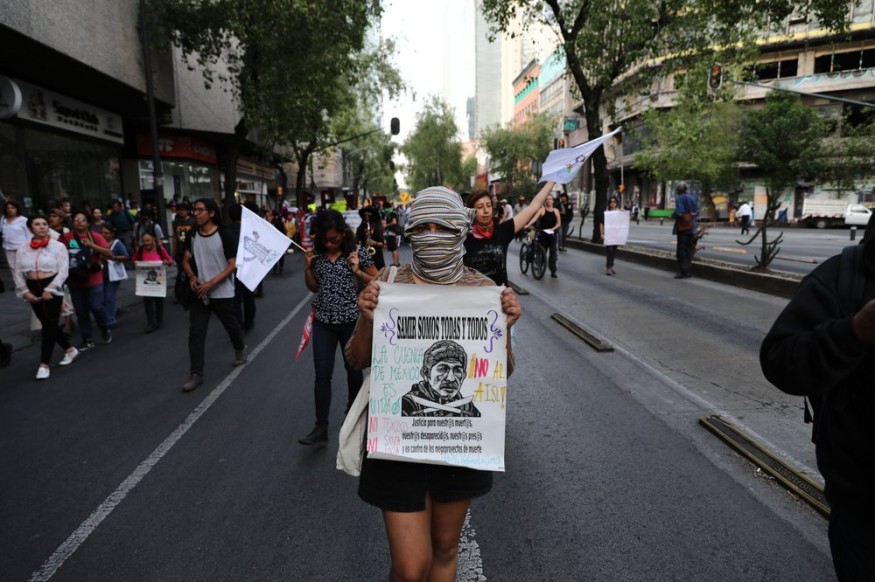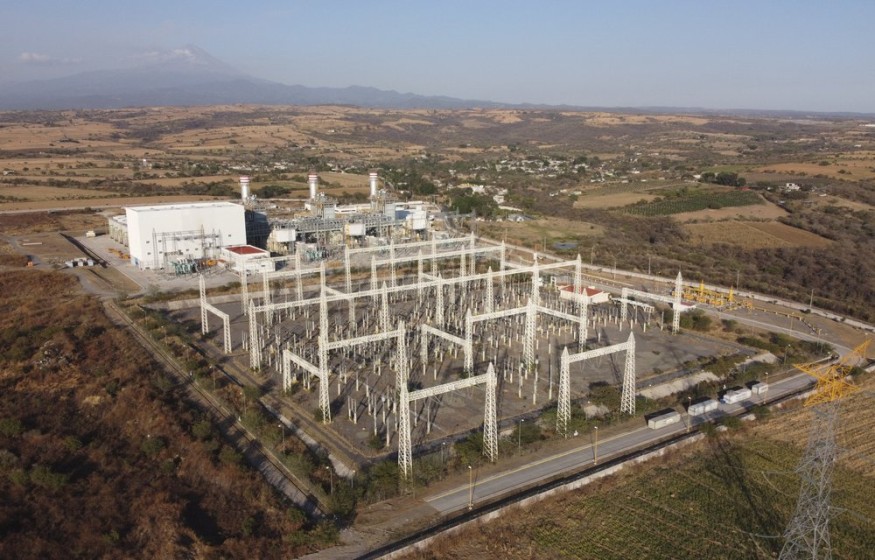Mexicans Protest Over Latest Infrastructure Projects By Government

More than 1,000 Mexicans marched in protest on Friday in opposition to the latest infrastructure projects by the government.
Unions, environmentalists, students, and indigenous people marched through the center of Mexico City in opposition to the government's Mayan Train project, a cargo rail line in the south, and a mega-energy project.
Protesters are saying the government's projects will affect the people ecologically, economically, culturally, and politically.
The Mexican government funded a thermo-electric plant located in the tiny farm community of Huexca.

Residents claim test runs of equipment in the power plant created noise that reached more than 110 decibels, as loud as a jet engine at takeoff. That kind of noise is said to be 50% above levels considered tolerable for the average human pain threshold.
Residents in the community said they experience intense headaches and hearing loss, while some of the children suffered nausea and vomiting.
The power plant includes a natural gas pipeline that traverses three states. The infrastructure is part of a contentious battle that has been raging on for years.
Many indigenous communities who sit along the 100 miles of pipeline are fighting against the government's mega-energy project in fear it will deprive them of water for their crops and contaminate the soil and air.
The power project's last few hundred feet of pipeline hasn't been connected due to legal stays and blockades by locals.
Men from several villages along the pipeline route have camped next to abandoned tubes for over three years to ensure the final tubes won't be laid down.
The project began without public consultation. The national human rights commission says the project trampled over indigenous rights.
The march came a day after the anniversary of the death of activist Samir Flores Soberanes.
Samir Flores, an activist, was shot to death days after he challenged government assertions about the power project at a public forum. Many of the signs in the march were referencing his death.
According to Amnesty International, over 12 environmental activists were killed in the first nine months of 2019, with 14 in 2018 and 15 in 2017.
Investigations into the deaths of the activists rarely established clear motives or suspects/
"It has been a year and we have no indication that points to who the murderers were," said Liliana Velázquez, Flores' widow and mother of his four children.
In 2019, Mexican President Andres Manuel Lopez Obrador called for another one of his infrastructure projects, the controversial Mayan train, would move ahead after residents in the five states it will run through voted in favor of the proposal.
However, only 100,000 people of the region's more than 11 million voted.
The proposed 950-mile train project cost between $6 billion to $8 billion.
The project has seen pushbacks from environmental groups who were worried about the effect of the train on the region's vast biodiversity. They were also worried about the indigenous groups affected by the project who may not be properly consulted or compensated.
The train is one of the Mexican president's signature initiatives. He claims it will bring about great economic development, but has faced numerous criticisms for its impact on the environment.
A rail line aiming to connect the Pacific Ocean and the Gulf of Mexico has also faced opposition.
A member of the Popular Organization Francisco Villa of the Independent Left from the Mexico City borough of Iztapalapa said the president "is in favor of business and the wealthy, not of the people."
Subscribe to Latin Post!
Sign up for our free newsletter for the Latest coverage!
© 2025 Latin Post. All rights reserved. Do not reproduce without permission.














